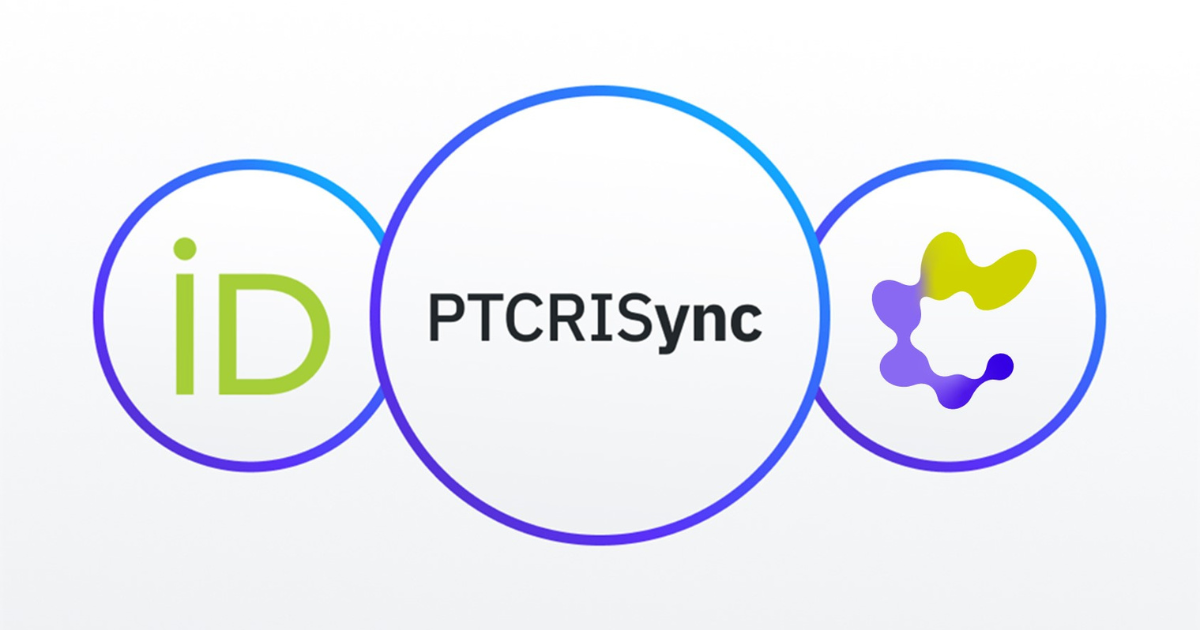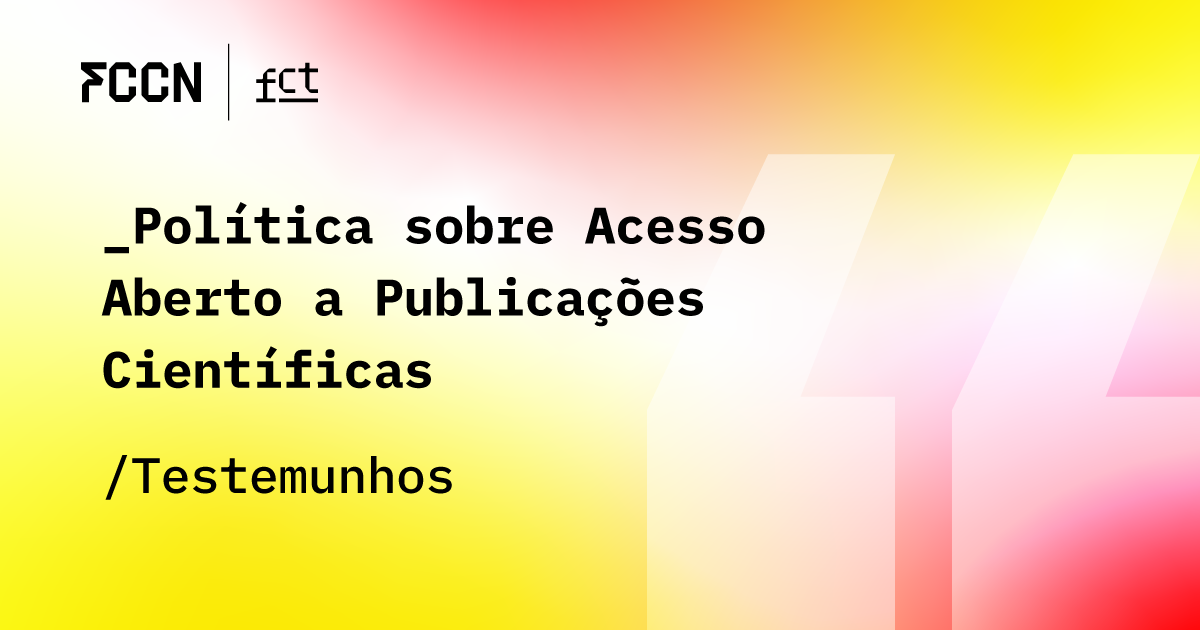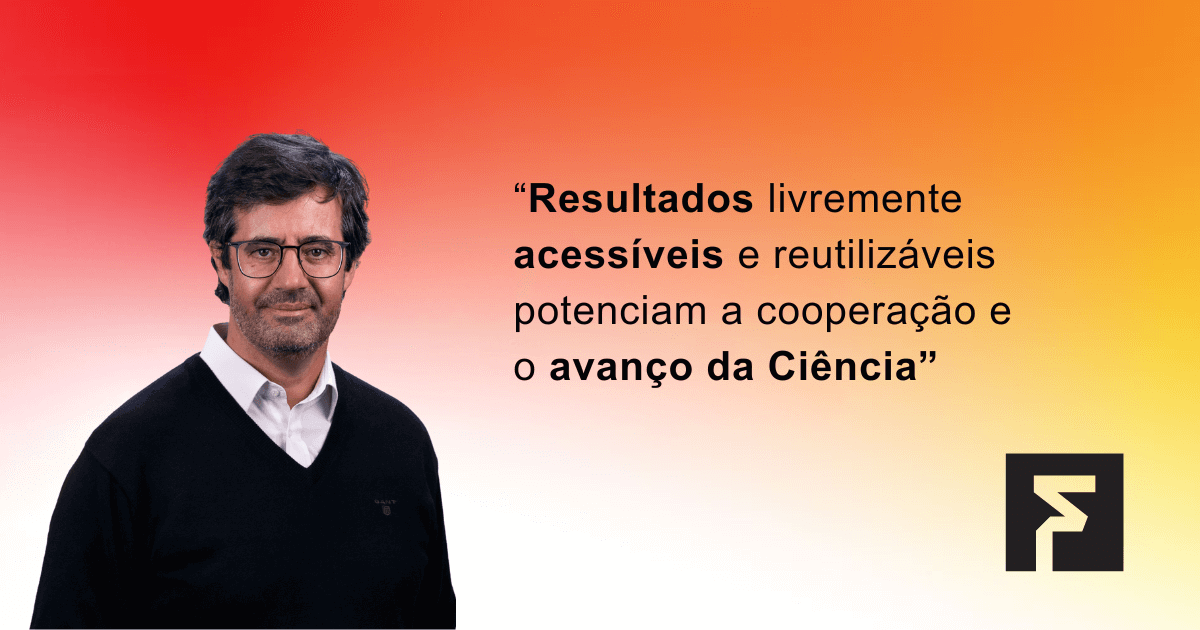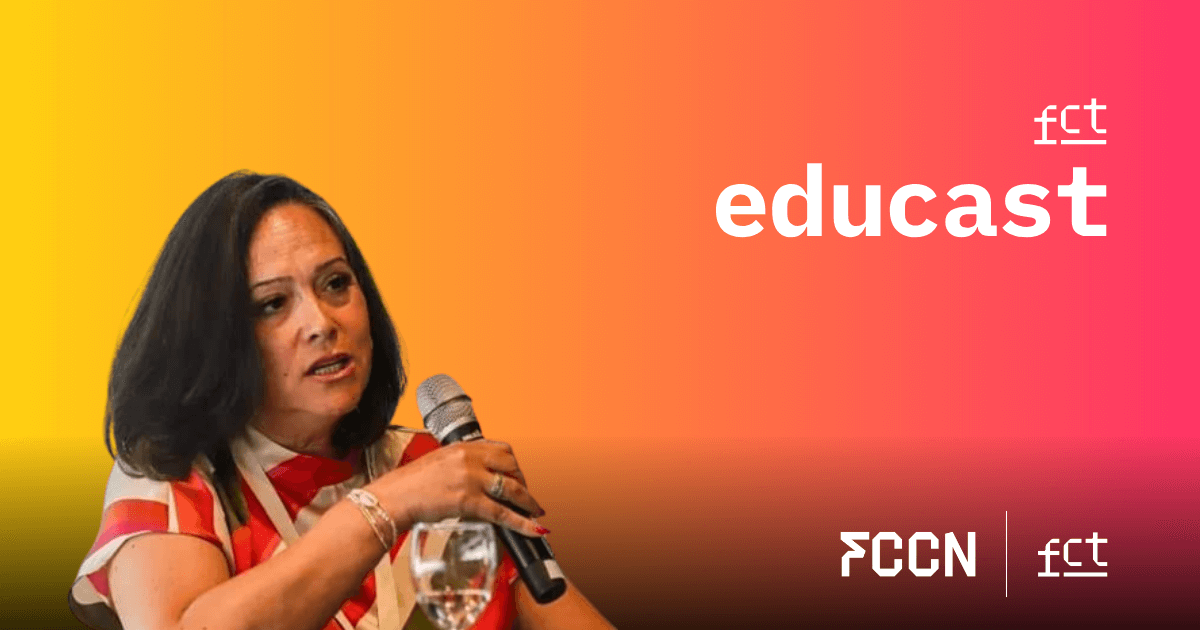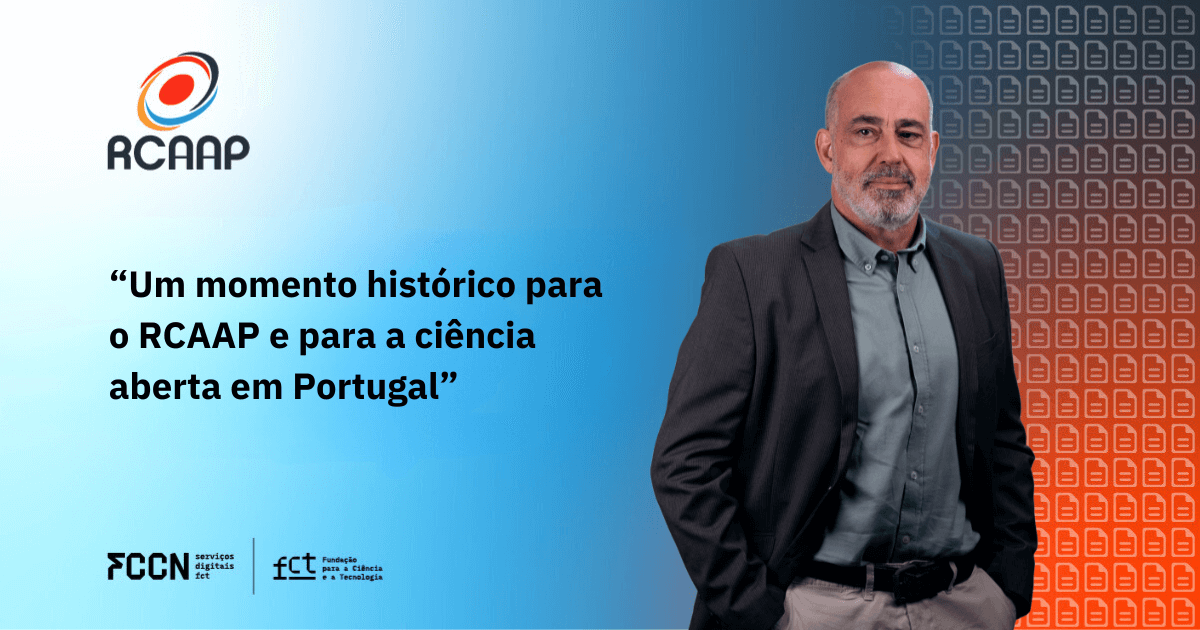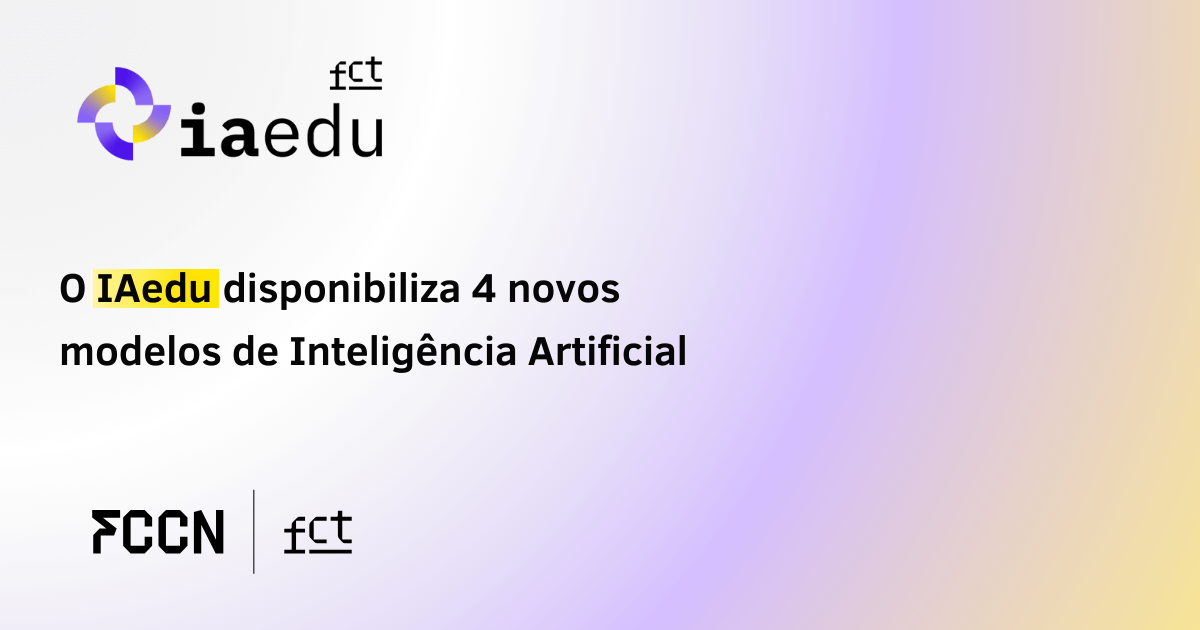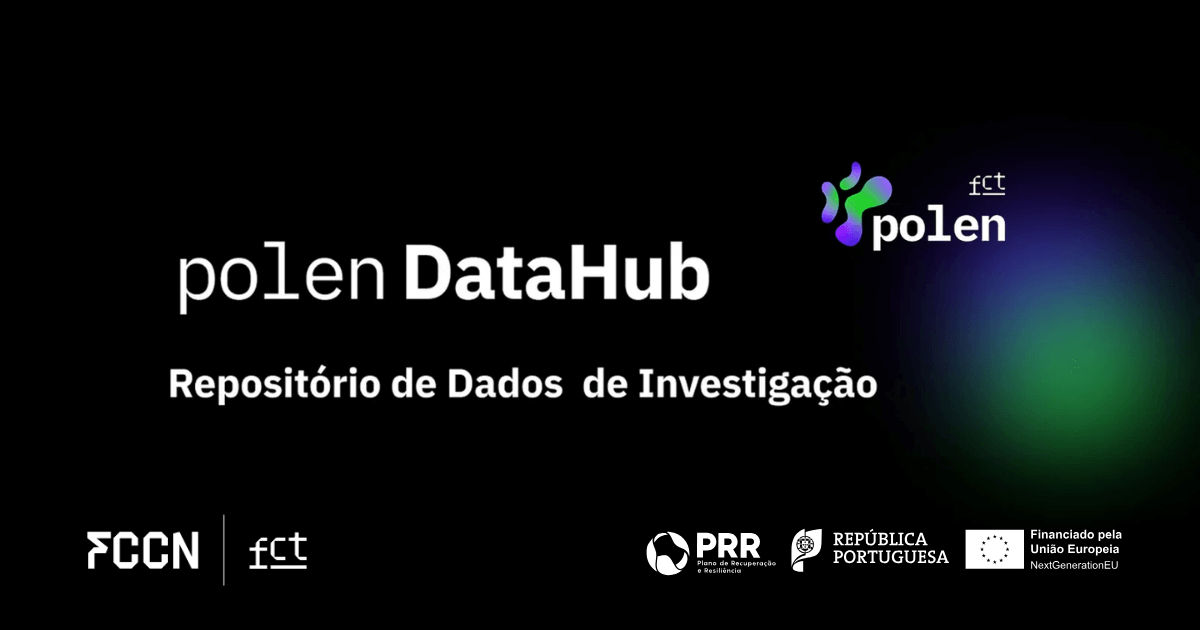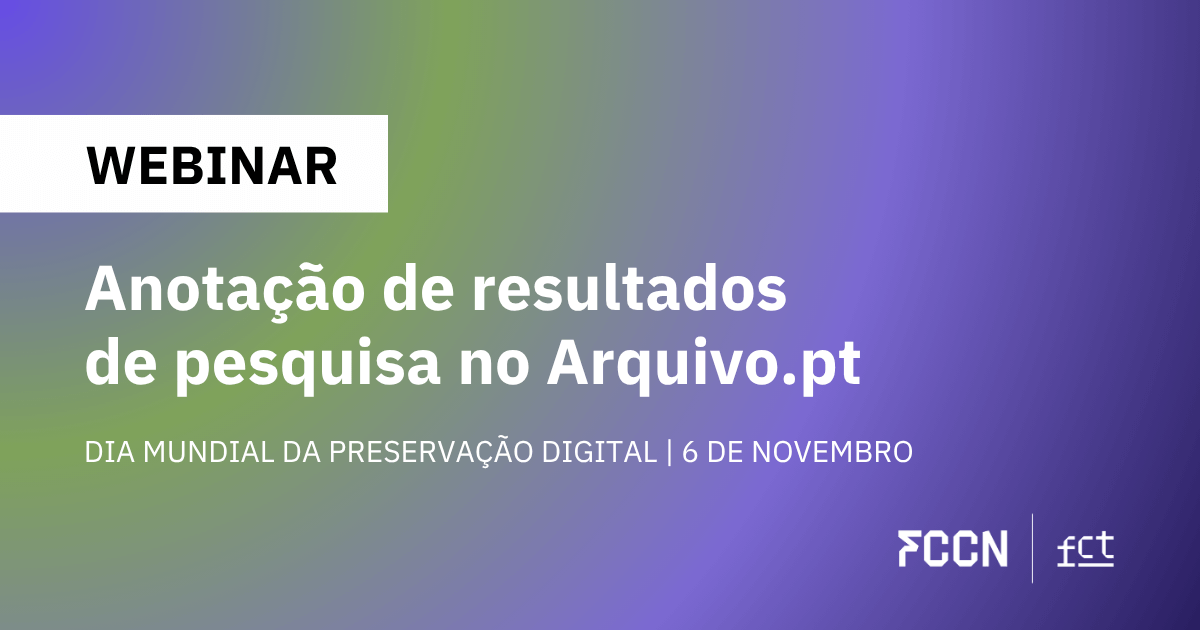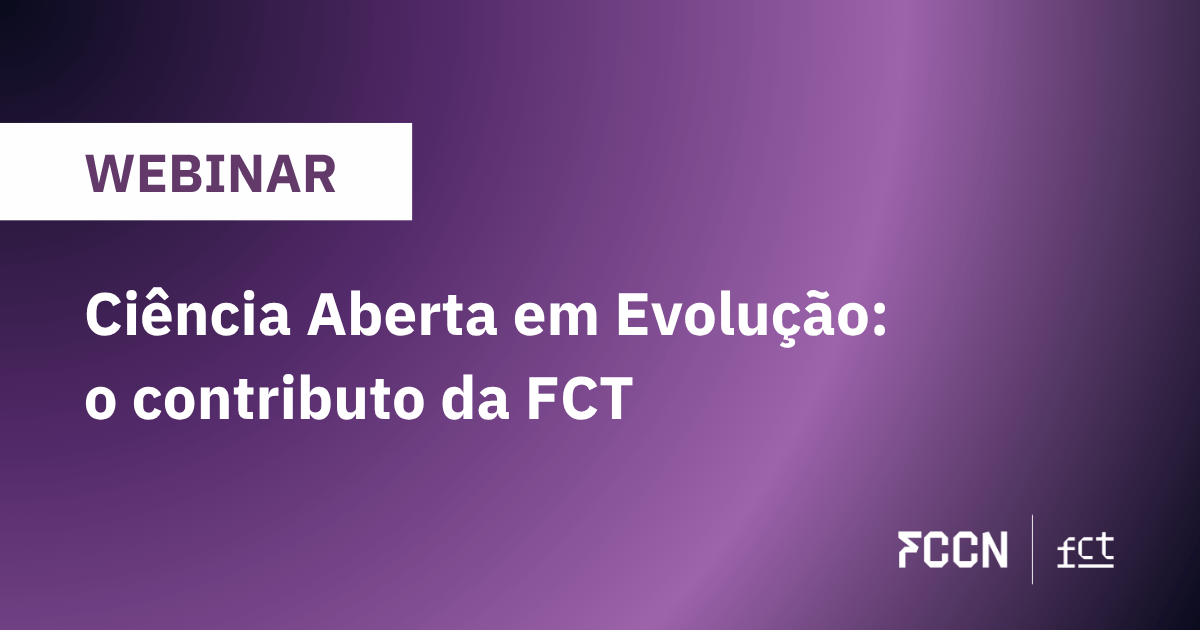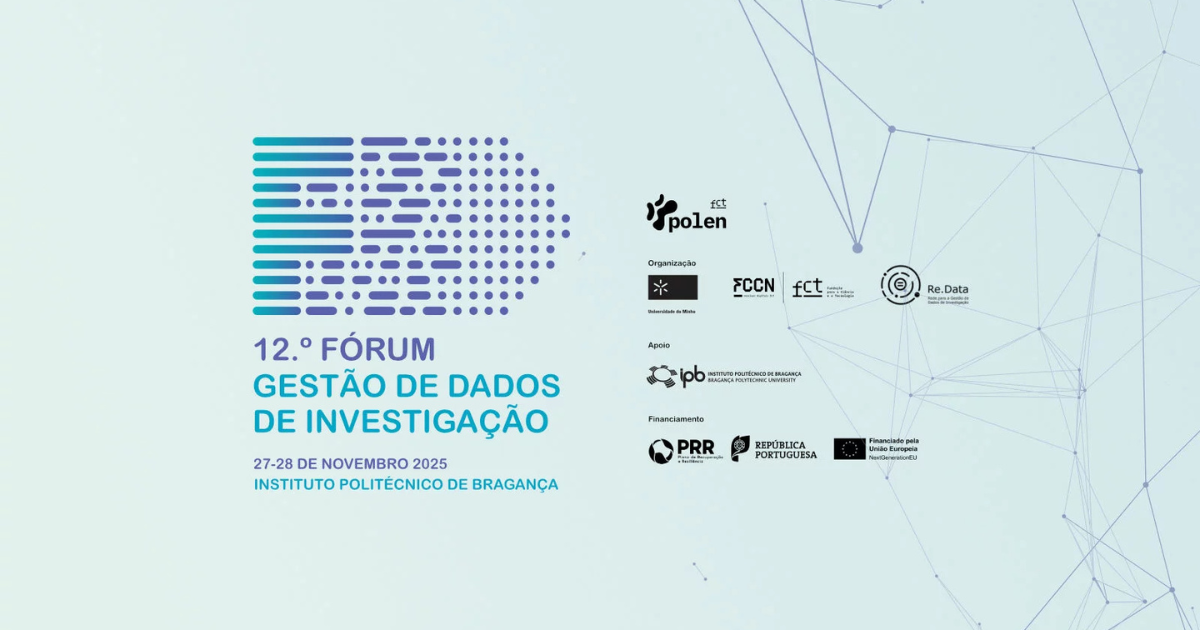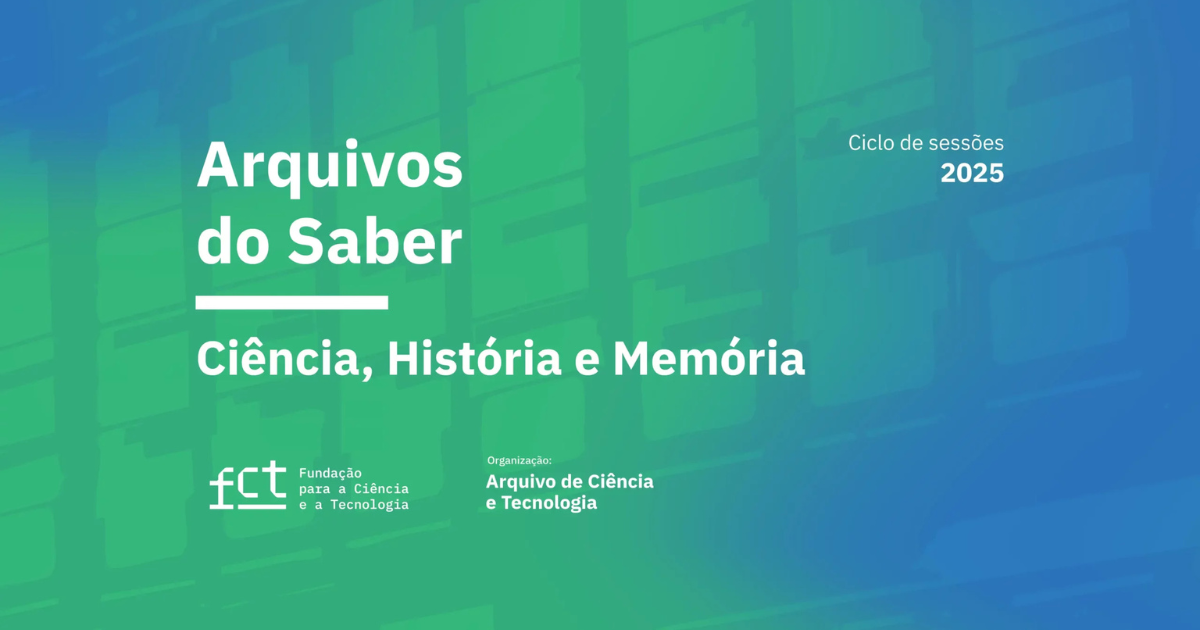THE efficient management of scientific information is one of the great challenges of modern science. And Portugal can achieve a leadership position in this transformation process, with a innovative strategy and a strong investment in interoperability, through the PTCRIS: one integrated ecosystem of information on national scientific activity.
The first step was, in 2013, the adoption of ORCID by the Foundation for Science and Technology (FCT) as a unique identifier for researchers, which allowed to reduce the bureaucratic burden and guarantee, simultaneously, greater reliability and accessibility to data on science.
The introduction of ORCID in the evaluation competition for Research and Development Units (UIDs) was one of the great drivers of this transition, as it encouraged researchers to register and keep their profiles updated. This measure strengthened the visibility and traceability of scientific activities, and came facilitate the management and monitoring of academic production.
The next step was to integrate the ORCID on the national scientific curriculum platform CIÊNCIAVITAE through synchronization via PTCRISync. This synergy consolidated the use of unique identifier in Portugal and resulted in a significant growth in membership: by 2019, around 67% of Portuguese researchers had an ORCID with a high level of profile completeness, placing the country among the pioneers in the integration of this system into the international scientific ecosystem (Measuring Research Information Citizenship Across ORCID Practice, Frontiers in Research Metrics and Analytics, 7, 779097 – March 2022).
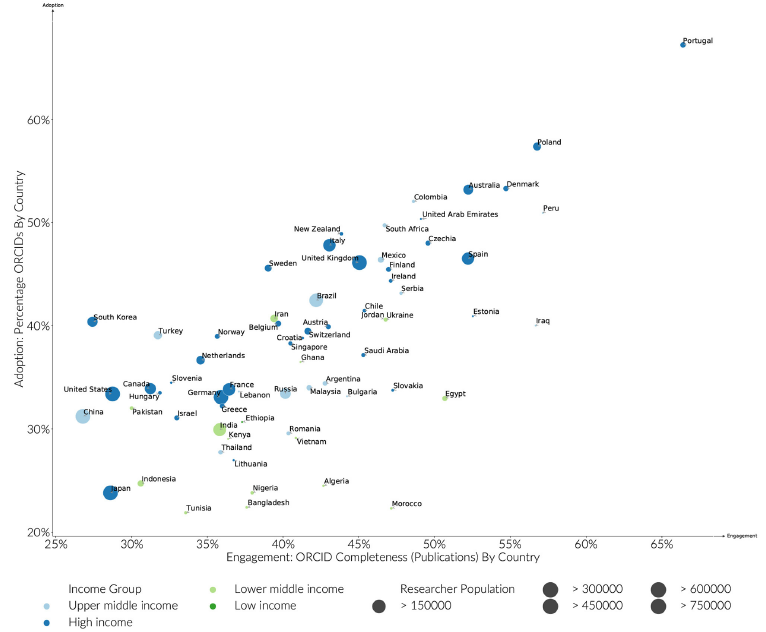
In the following years, the membership maintained a growing pace. Between 2020 and 2024, the percentage of Portuguese researchers with ORCID rose to around 80%, consolidating the country's position as a leader in the implementation of this identifier. However, the completeness of the profiles registered a slight drop, as a result of the introducing new features in ORCID that are not yet synchronized with CIÊNCIAVITAE.
Despite this challenge, FCT maintains a prominent role in the promotion and adoption of unique identifiers, ensuring that Portugal continues to lead globally in the use of ORCID by funded researchers. This commitment is essential to ensure an unequivocal link between authors, funding, projects, and scientific productions, promoting more transparent and efficient science.
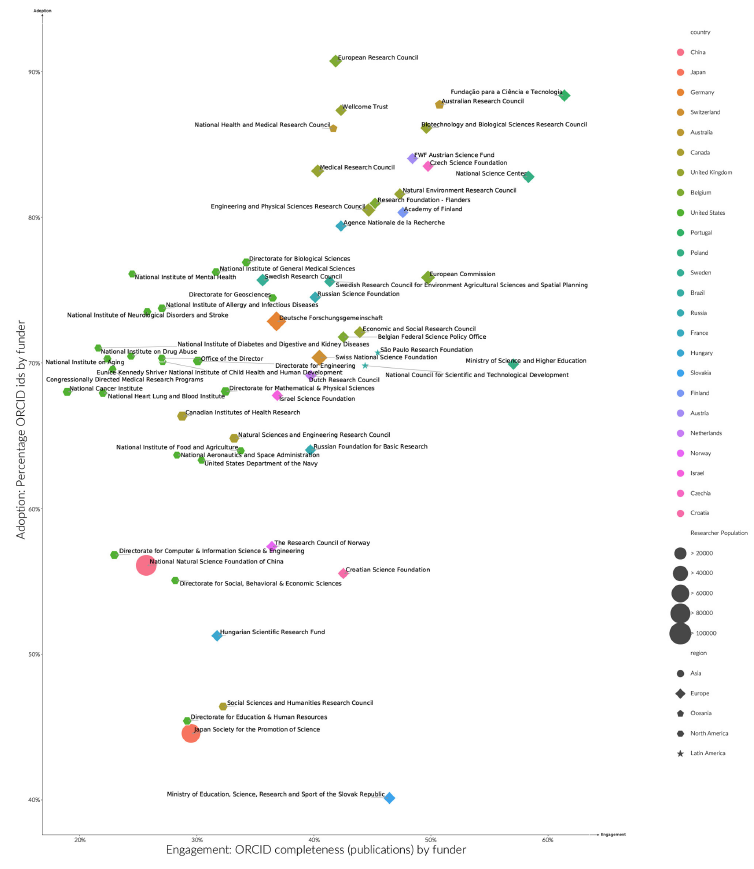
AND through PTCRIS it is possible to consolidate a national scientific ecosystem, where information flows in an integrated and accessible way, connecting researchers, institutions and knowledge.
